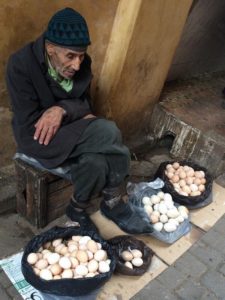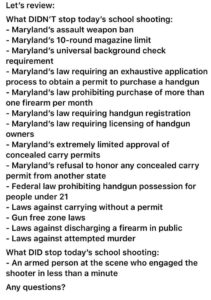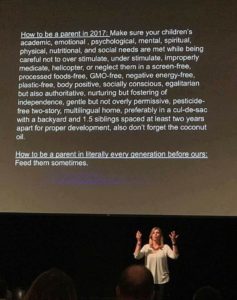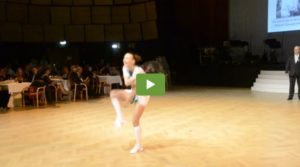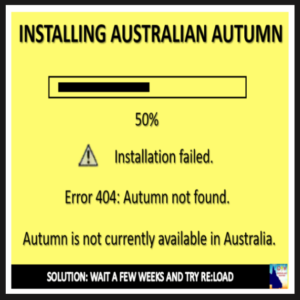She asked him, “How much are you selling the eggs for?”
The old seller replied, “$.25 an egg, Madam.”
She said to him, “I will take 6 eggs for $1.25 or I will leave.”
The old seller replied, “Come take them at the price you want. Maybe, this is a good beginning because I have not been able to sell even a single egg today.”
She took the eggs and walked away feeling she had won. She got into her fancy car and went to a posh restaurant with her friend. There, she and her friend, ordered whatever they liked. They ate a little and left a lot of what they ordered. Then she went to pay the bill. The bill cost her $45.00 She gave $50.00 and told the owner of the restaurant to keep the change.
This incident might have seemed quite normal to the restaurant owner but, had he seen it, very painful to the poor egg seller.
The point is, why do many show they have the power when they buy from the needy? And why get generous to those who do not even need our generosity?
I once read somewhere: My father used to buy simple goods from poor people at high prices, even though he did not need them.
Sometimes he even used to pay extra for them. I got concerned by this act and asked him why does he do so? My father replied, “It is a charity wrapped with dignity, my child.”
If you feel that people need to see this, then do spread this message.
Love this concept! Charity wrapped with dignity!
If more of us did it, we’d have less government handouts which breed only dependence on an unethical, irresponsible, self-serving few who spend other people’s money all too freely.
The story may or may not be true but the principle is a valid as the sun and the grass.

